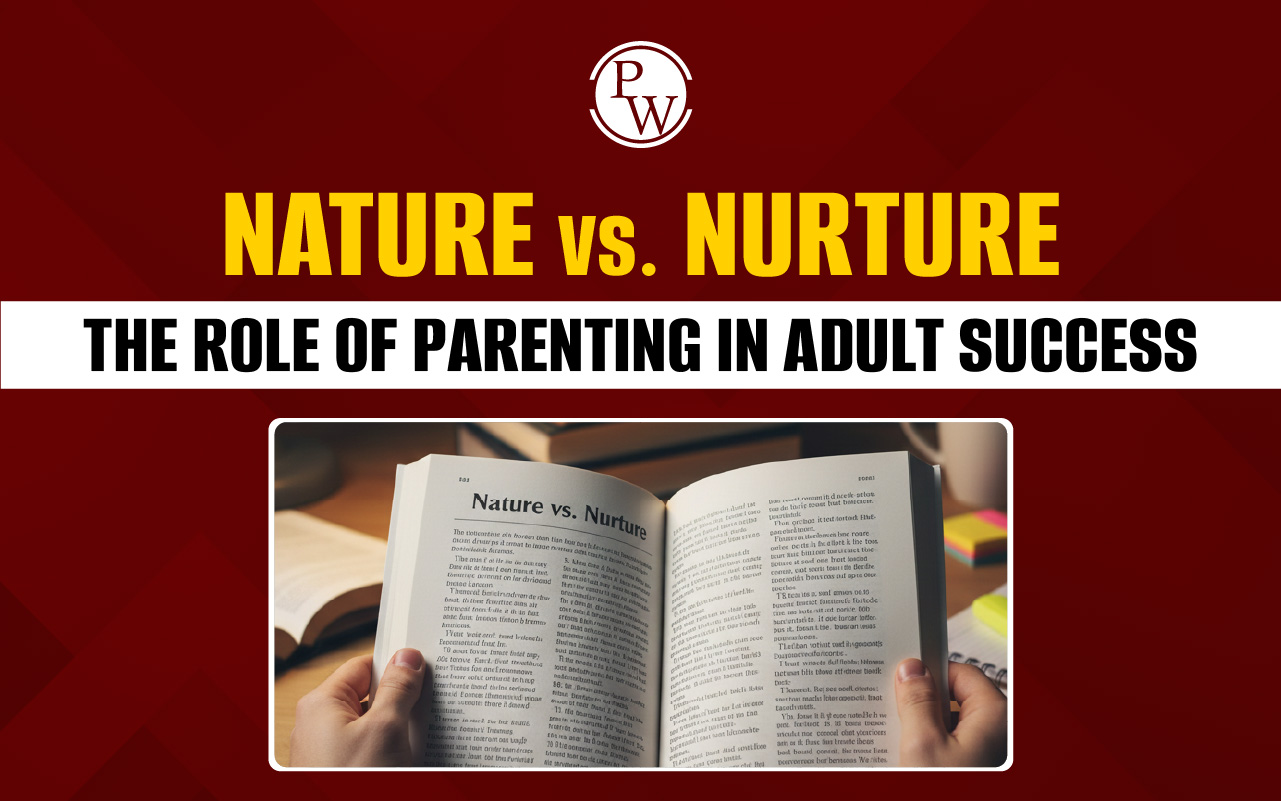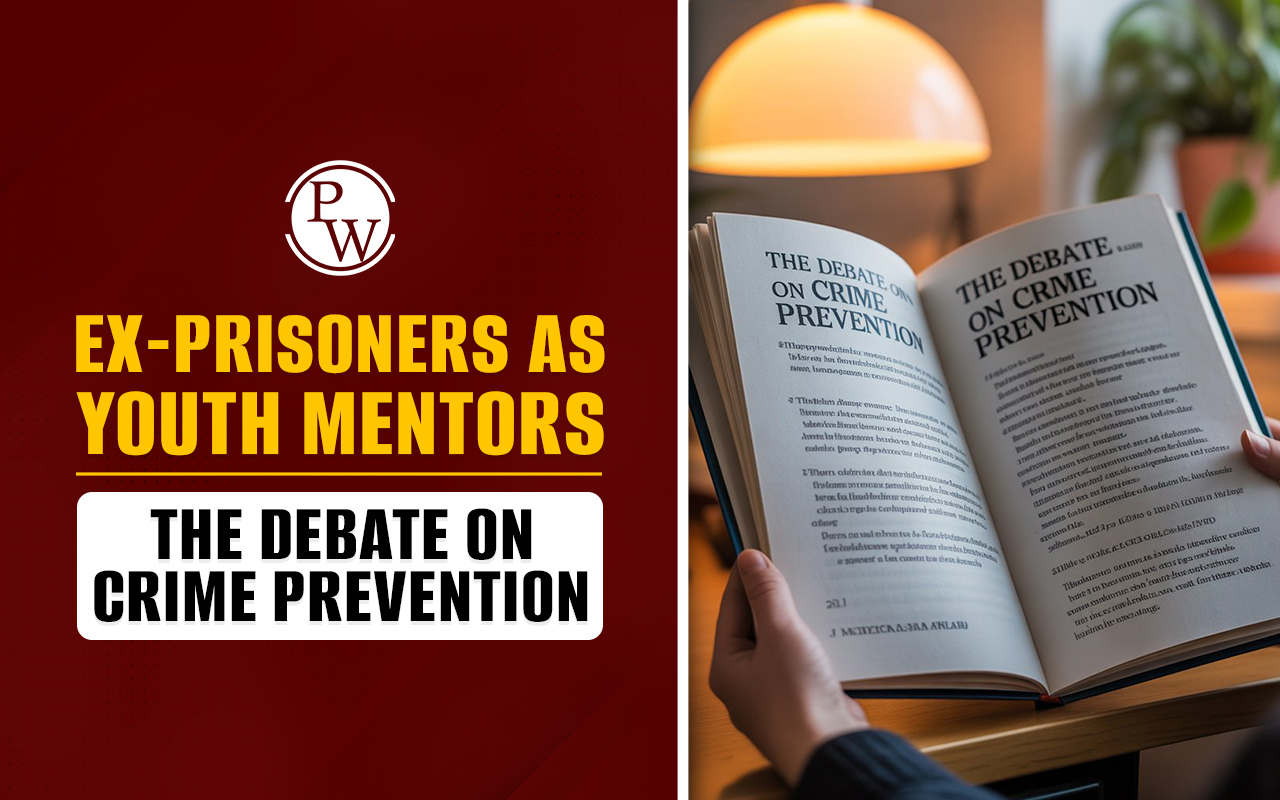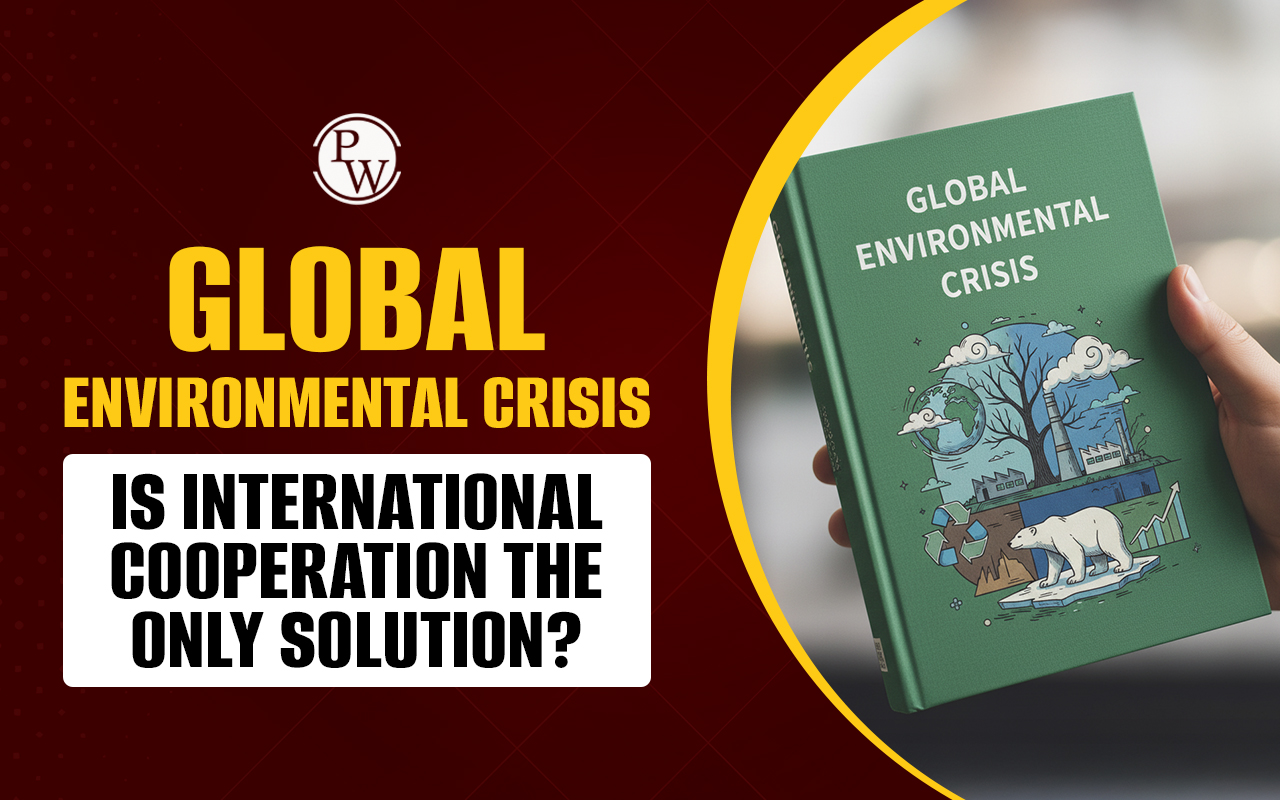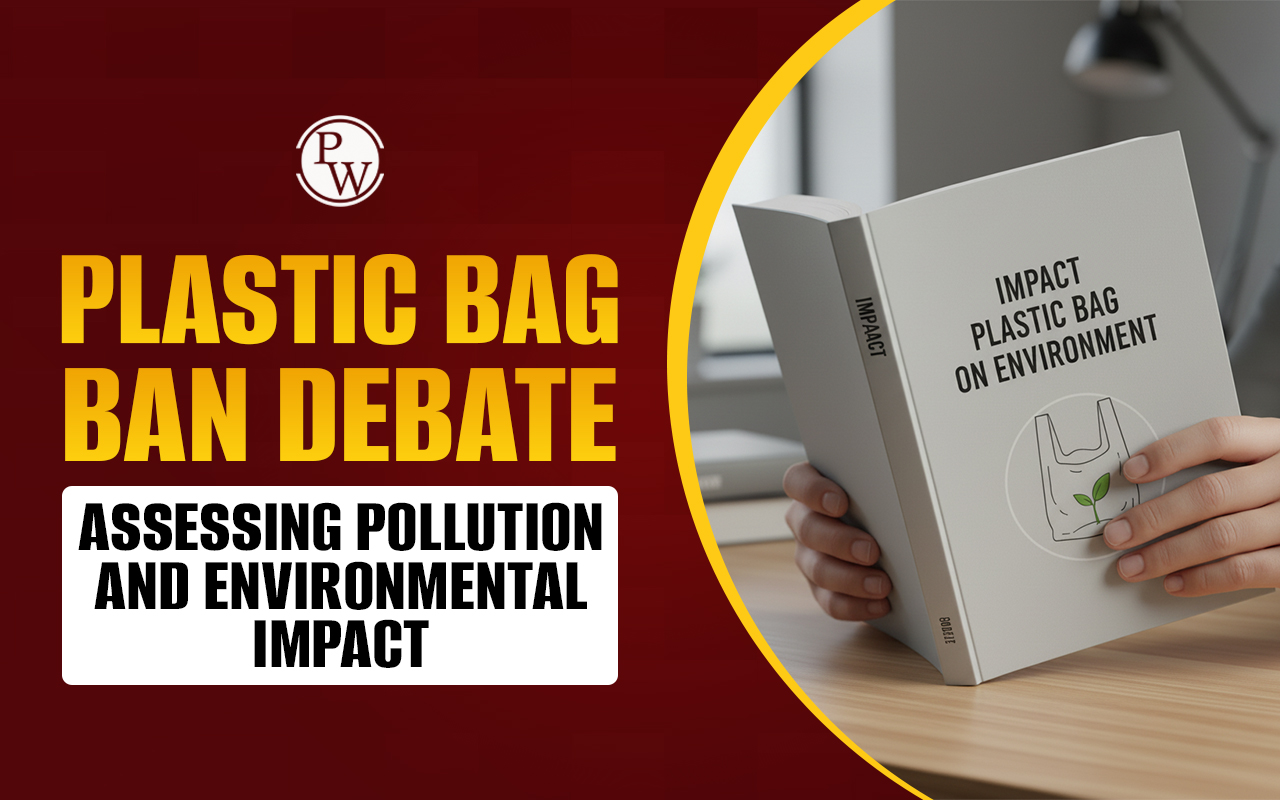
Wealth In A Cold Climate Reading Answers: The IELTS Reading test, “Wealth In A Cold Climate Reading Answers” includes a total of 13 questions in various categories including Matching Headings, True False Not Given, and Summary Completion. Students should complete the sample questions within 20 minutes to attempt the complete IELTS Reading test in the given time frame of 60 minutes. Students are advised to draft their own answers while solving the “Wealth In A Cold Climate IELTS Reading Answers” passage to get a better grip on the IELTS Reading module .
Free IELTS Reading Practice Tests, Cambridge Sample Test PDF
Wealth In A Cold Climate Reading Answers Passage
Wealth In A Cold Climate Reading Passage
Paragraph A: When inspiration struck, Dr. William Masters was reading a book about insects. "Masters recounts an account of the major yellow fever outbreak that struck Philadelphia in 1793.” "Until the first frost, this plague devastated the city." Fortunately, most insects were killed due to the extreme weather condition, saving Philadelphia
Paragraph B: Masters pondered, why not the historical fortunes of nations if the weather may be the key to a city's fortunes? And might ice explain one of the greatest economic puzzles of all time? Why are virtually all developed and affluent nations situated at latitudes above 40 degrees? After two years of searching, he feels he has solved the problem. According to a study by Margaret McMillan and Masters, agricultural economists from Purdue University in Indiana and Tufts University in Boston, annual frosts are one of the distinguishing traits between prosperous and impoverished nations. The Journal of Economic Growth published its findings this month. The two hypotheses are that cold snaps have two major benefits: they freeze pests that might otherwise damage crops and disease-carrying organisms such as mosquitoes. As a result, there is an ample labour force and agriculture.Paragraph C: The academics used two pieces of information. The first was the average income around the world, and the second was weather data from the University of East Anglia. They found a strange connection between the two sets. Most of the time, countries that have five or more cold days per month are rich, while countries that have fewer than five are poor. Scientists say that the five-day period is very important; it could be the very least amount of time needed to get rid of pests from the soil. For example, Bolivia is a small country that isn't growing at all, while Finland is also small but growing quickly. It could be because of the weather. Farmers really benefit a lot from having few touches of frost. Cold weather slows down the breakdown of plant and animal matter in the soil, which makes it richer. Frosts help build up moisture in the ground for spring, so spring rains aren't as important. Chills kill or put insects to sleep. It's not always true that "cold equals rich." Because of their good business locations, Hong Kong and Singapore are both wealthy tropical cities. In a similar way, not all European countries are as rich as the countries that used to be part of the Soviet Union, and their economic potential was ruined by politics.
Paragraph D: According to Masters, the environment will never be the decisive factor since the success of nations is too complicated to be traced to any one component. He thinks that climate, among other things like institutions (including governments) and access to trade routes, contributes to a country's prosperity. Historically, economists have accredited institutions like laws and property rights that have the largest effect on a country's economy, as Masters argues. In this view, order inevitably leads to success. But he adds that even nation-states with institutions have failed to resolve some problems. In my view, more prosperous countries also tend to have more stable governments. Both economic growth and the consolidation of political institutions benefit from a climate that is conducive to human life. Paragraph E: He is certain that this does not indicate that tropical developing nations have no possibility of economic progress. Instead, industrialised nations should modify their attitude toward overseas aid. As an alternative to improving governance, funds might be given to the creation of agricultural and disease-controlling technology. Masters uses India as an example, stating, "Parts of India have been supplied with irrigation, resulting in a rise in agricultural production and an improvement in health." Providing immunisations for tropical diseases and developing tropically-adapted crop varieties will aid in breaking the cycle of poverty.Paragraph F: Others have looked at this gap between rich and poor countries, and they have offered anthropological, climatological, and zoological theories for why countries with a more moderate climate tend to be the wealthiest. People who live in cold climates, Aristotle said in 350 B.C., "are full of spirit." The continent of Eurasia runs east to west, whereas Africa and the Americas run north to south, as noted by Jared Diamond, a professor at the University of California, Los Angeles, and author of Guns, Germs, and Steel. Because of the similar climates in different European latitudes, agricultural practices may spread swiftly. The spread of einkorn wheat, one of the oldest cultivated varieties, took only a few generations to make its way from the Middle East to Europe, whereas the introduction of maise from Mexico to the eastern United States took twice as long. According to Diamond, the spread of the wheel and writing would have been hastened by such movement along similar latitudes throughout Eurasia. Domesticated animals thrived there as well, giving locals access to a steady supply of meat, wool, and horse-drawn ploughing. The economy of Eurasia was bound for success, given these factors.
Paragraph G: In the same way, US economists John Gallup and Jeffrey Sachs have found interesting links between geography and a country's wealth. They say that almost every country in the tropical zone (23 degrees north or south of the equator) is doing badly economically. In an article for the Harvard International Review, they said that development "certainly seems to favour temperate-zone countries, especially those in the northern hemisphere, and those that have avoided both socialism and the horrors of war." Masters, on the other hand, warns against the idea of geographical determinism, which says that tropical countries are beyond hope: "Scientific and technical research can help improve health care for people and farming," he says. Singapore might not be as wealthy if it didn't have air conditioning.Wealth In A Cold Climate Reading Answers Sample Questions
Wealth In A Cold Climate Reading Answers: Matching Headings Questions 1-7 Match the following headings to paragraph A-G. Write the correct number (i-viii) next to each paragraph. There is one extra heading.i. The Role of Technology and Aid in Economic Growth ii. The Importance of Cold Weather for Agriculture iii. Historical Examples of Climate and Economic Success iv. A Complex Combination of Factors Determines National Wealth v. Geographical Patterns of Wealth and Poverty vi. Cold Climates and Agricultural Advantages vii. The Influence of Climate on Insects and Diseases viii. Ancient Theories of Climate and Wealth 1. Paragraph A 2. Paragraph B 3. Paragraph C 4. Paragraph D 5. Paragraph E 6. Paragraph F 7. Paragraph G
Wealth In A Cold Climate Reading Answers: Sentence Completion Questions 8-10 Complete the sentences below using NO MORE THAN TWO WORDS from the passage.8. According to Masters, cold snaps can destroy __________ that harm crops and carry diseases. 9. Cold weather helps retain __________ in the soil for the spring season. 10. The spread of __________ allowed European agriculture to expand quickly.
Wealth In A Cold Climate Reading Answers: Summary Completion Questions 11-13 Complete the summary below using words from the box. Write the correct letter A-H for each answer. There are more words than you need.A. institutions B. frost C. health D. crops E. irrigation F. latitude G. government H. temperature According to Masters and McMillan, the economic success of nations can be influenced by climate. Cold weather, including annual __________ (11), can help improve agricultural productivity by reducing pests. However, Masters argues that factors like __________ (12) and governance also play a crucial role. He suggests that providing __________ (13) to developing nations can help break the cycle of poverty.
Read More: How to Manage Time in IELTS Reading
Wealth In A Cold Climate Reading Answers Explanation
Ans 1. Paragraph A - vii Explanation : Paragraph A discusses how cold weather killed insects carrying diseases like yellow fever, which connects to the influence of climate on insects and diseases. Ans 2. Paragraph B - vi Explanation : Paragraph B states, “Cold snaps have two major benefits: they freeze pests that might otherwise damage crops and disease-carrying organisms such as mosquitoes.” Ans 3. Paragraph C - ii Explanation : Paragraph C mentions, “Frosts help build up moisture in the ground for spring, so spring rains aren't as important.” Ans 4. Paragraph D - iv Explanation : Paragraph D highlights how national wealth is influenced by a mix of factors, including climate, institutions, and trade routes. Ans 5. Paragraph E - i Explanation : Paragraph E mentions how technology and agricultural advancements of the industrialized nations can help developing countries. Ans 6. Paragraph F - viii Explanation : In paragraph F, ancient theories from figures like Aristotle are mentioned making it a match for ancient theories of climate and wealth. Ans 7. Paragraph G - v Explanation : In paragraph G, geographical patterns of wealth and poverty are explained which states differences between tropical and temperate countries. Ans 8. According to Masters, cold snaps can destroy pests that harm crops and carry diseases. Explanation : Paragraph B states, “Cold snaps have two major benefits: they freeze pests that might otherwise damage crops and disease-carrying organisms such as mosquitoes.” Ans 9 . Cold weather helps retain moisture in the soil for the spring season. Explanation : Paragraph C mentions, “Frosts help build up moisture in the ground for spring, so spring rains aren't as important.” Ans 10 . The spread of wheat allowed European agriculture to expand quickly. Explanation : The rapid spread of einkorn wheat in Europe is explained in paragraph F due to similar climates at different latitudes. According to Masters and McMillan, the economic success of nations can be influenced by climate. Cold weather, including annual B. frost (11), can help improve agricultural productivity by reducing pests. However, Masters argues that factors like A. institutions (12) and governance also play a crucial role. He suggests that providing E. irrigation (13) to developing nations can help break the cycle of poverty.| IELTS Exam Important Links | |
|---|---|
| IELTS Reading Band Score | IELTS Listening Band Score |
| IELTS Speaking Band Score | IELTS Writing Band Score |
Wealth In A Cold Climate Reading Answers Tips
Here are some common tips to solve “Wealth In A Cold Climate Reading Answers” questions.| Question Type | Tips |
|---|---|
| Matching Headings | Focus on the main idea of the paragraph, not just small details. |
| Eliminate headings that don't fit to narrow down your choices. | |
| Read each paragraph carefully and underline key points. | |
| Sentence Completion | Scan the passage for keywords that match the sentence. |
| Make sure the answer fits grammatically and logically. | |
| Use words directly from the passage; do not change them. | |
| Summary Completion | Read the summary to understand the general idea. |
| Find synonyms or paraphrased ideas in the passage to match the summary. | |
| Pay attention to the context of the missing word. |
- Should You Use All Capital Letters in the IELTS Listening and Reading Tests
- IELTS Reading Mistakes
- How to Improve IELTS Reading Score
- How to Manage Time in IELTS Reading
Guidance of PW IELTS
Physics Wallah offers a few popular online IELTS courses for all students. Follow the latest IELTS articles to better prepare for the exam.| IELTS Exam Other Related Links | |
|---|---|
| IELTS Registration | IELTS Eligibility Criteria |
| IELTS Exam Pattern | IELTS Syllabus |
| IELTS Exam Dates | IDP IELTS Test Centers |
Wealth In A Cold Climate Reading Answers FAQs
Q. How do I choose the right heading for each paragraph?
Q. What if two headings seem to fit one paragraph?
Q. Can I change the form of the word in sentence completion?
Q. How do I handle difficult summary completion tasks?










